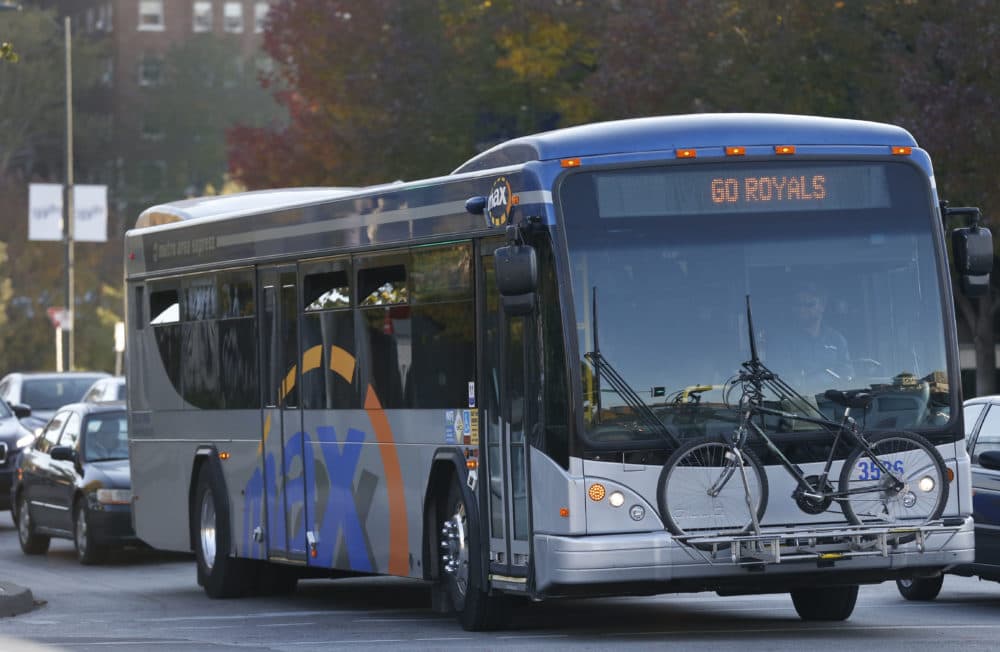Advertisement
Kansas City, Missouri, May Become Largest U.S. City To Eliminate Bus Fares
Resume
Kansas City, Missouri, could become the largest city in the U.S. to eliminate bus fares after the city council voted unanimously last week to direct staff to look at how to fund a plan to make bus service free.
Kansas City Mayor Quinton Lucas says the decision was based on financially assisting “regular, hardworking people, mostly the working poor” in his city.
By providing zero-fare public transportation, Lucas says residents will see money regularly spent on transportation — about $1,500 to $2,000 a year, he says — back in their pockets.
“If we could actually build up a culture of bus riding, if we make it easier to do, if we remove the barriers, then our view was we have both great socioeconomic impact, environmental impact, and we get more riders onto the system as well,” he says.
The issue of affording transit hits home for Lucas. As a child of a single mother, he and two sisters were homeless for part of his upbringing. They relied heavily on the bus as their main mode of transportation. Now, he wants to make a difference in the lives of others in Kansas City who might be experiencing similar circumstances.
In many U.S. municipalities, money from public transportation goes back into the city. But instead of simply reducing bus fares, Lucas says the city council aspired to “change the system entirely.”
He says Kansas City spends around $60 million each year to service the city-wide bus system. The amount of money needed to fund zero-fare transit is only $8 million, he says. It’s now up to the city council to find where in the budget the $8 million can be pulled from.
“Our view was that if you actually remove the barriers and get rid of fare collections, you're actually saving some costs, too,” he says, pointing to the $2 million to $3 million spent every year on fare collection infrastructure.
Fare-free transit isn’t a new concept. Other metropolises including Denver and Salt Lake City have discussed the idea before. The first step for any urban area considering the move, Lucas says, is simply believing it’s possible.
“If you look at any public transportation system, fares are but a very small part of your revenues generated each year. Most of it comes from tax dollars,” he says. “And so because we saw that it wasn't that large of a percentage we are working with, I think we started to see it as more practical.”
The city hopes to transfer to fare-free buses by midsummer. One challenge, he says, is how the city will address connecting the rest of the metro area to the bus system.
“Currently, the suburbs aren't a part of this plan,” he says. “We'll continue to talk to them to see how it can work to have a true regional system that is zero-fare.”
Ashley Locke produced and edited this interview for broadcast with Tinku Ray. Serena McMahon adapted it for the web.
This segment aired on December 11, 2019.

